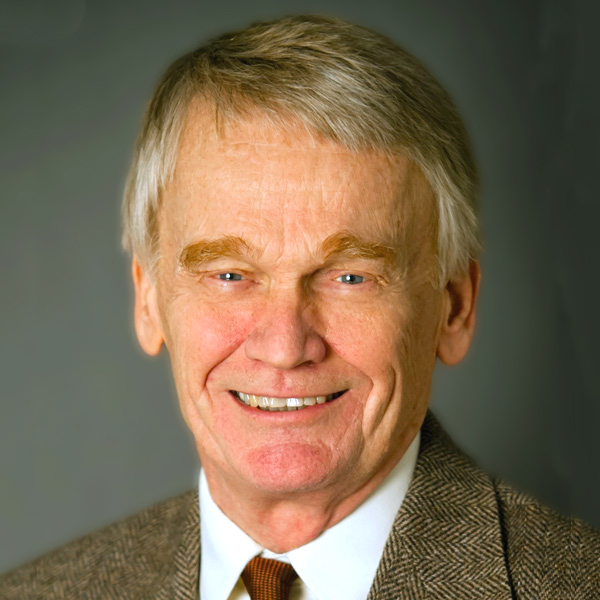Capital and Trinity will legally become one institution and a dean of the seminary will be appointed as of Jan. 1, the Interim President of Trinity Rev. Stanley Olson, said.
The board of the university and the board the seminary will vote during the first weekend of December to take the final legal steps to make the integration complete. This final step consists of having the Lutheran church’s council give approval of the integration. This is expected to go smoothly, as the council has previously given preliminary approval.
Trinity has previously had its own president, but the integration will create the new position of dean of the seminary. The university hoped to find a permanent dean by Aug. 1, but was unable. With the former president of Trinity, Rick Barger, going into retirement, the university needed to find a temporary president for the school year.
In order to do this, President Paul and her council went to the Evangelical Lutheran Church in America (ELCA) for assistance in their search, where they found and chose Olson for the position.
Olson is a retired seminary president who has worked on behalf of the church in many colleges and universities. Olson says the seminary community has “warmly embraced” he and his wife. He also knows and has worked with Trinity staff in the past and is excited about the project.
“I was happily retired, playing with my grandchildren for a couple of years. [I] wasn’t looking for work, but I was intrigued,” Olson said. “What Capital and Trinity are doing here really is a first-time experiment for the colleges and seminaries of the ELCA.”
Olson was contracted by the university to serve as interim president of Trinity from Aug. 1 to Dec. 31. By the end of his contract, the university hopes to have a person chosen for the dean of the seminary position.
The person chosen for the position must be an ELCA-ordained pastor with experience in seminary work. President Paul is overseeing the search for the dean, as the position is a presidential appointment. President Paul has also been working with a council of people from Capital, Trinity and the ELCA throughout the search.
Although the previously separate institutions will become one legally in January, there will be distinct differences between the two. The seminary has and will continue to have dual accreditation from both the Higher Learning Commission and the Association of Theological Schools. Capital will not be accredited as a seminary through the Association of Theological Schools but will continue to have its normal accreditation.
The schools will also receive staff appointments separately, although there may be some overlap. There is nothing in the current agreement that says Trinity and Capital staff will work in both institutions, and appointments such as university pastor and new professors in the religion department of Capital will be separate from seminary appointments.
“Obviously, there are some shared interests between all of those pieces,” Olson said. “And I think there is interesting, good potential for partnerships and complementarity in what lies ahead.”
In some ways, Trinity and Capital have already been working together. Some Capital students have been housed in the Trinity apartments and suites, and admissions in both institutions have been working together.
Although there are no specifics yet, Olson says more things are likely to become a dual effort in the future. He says Trinity students will have access to Capital’s athletic facilities and library, and Capital students will have access to Trinity’s library and worship center. Capital may eventually use seminary space to have classes and offices for faculty.
The integration of Capital and Trinity has many goals that benefit both institutions, Olson said. It will serve as a “resurgence of mission” for both the university and the seminary. Olson also notes that small schools are often more economically challenged, and the integration of the two is helpful in giving both institutions more stability.
Capital and Trinity students will also be given the opportunity to pursue dual careers, such as being a pastor and a part-time nurse. Cross-registration like this has happened in the past due to Capital and Trinity’s proximity, and Olson says “a significant number of Trinity graduates have also been Capital graduates.”
The integration has also caused some pain in the Trinity community through staff reductions in the beginning stages of the project. Olson says this pain is still present, but the community is looking forward to the positive changes the integration will bring.
“It’s about accepting pain and saying ‘we have work to do,’” Olson said. “There’s lament for what was, and colleagues that are lost, and there’s an eagerness to move forward.”
Another concern for Trinity students is how the integration may change the identity of the Trinity that brought them here. Olson says the seminary will be the Trinity it has always been and more due to the integration.


